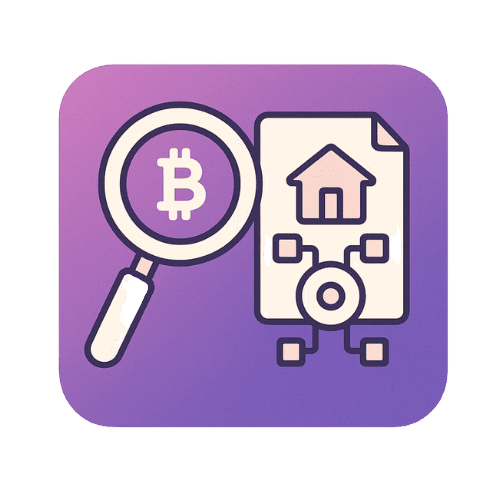 QED
QED
 English
English

 All Blogs
All Blogs

Unlocking the Future of Business with Scalable Blockchain Solutions
From a buzzword ten years ago, blockchain has developed from a basic technology transforming company operations. Originally mostly connected with cryptocurrency, its uses now extend across finance, healthcare, logistics, real estate, and other sectors. A new generation of blockchain solutions —tools and platforms that provide distributed systems real-world utility and enterprise-grade capabilities—has made this change feasible.
Fundamentally, blockchain is a distributed ledger technology (DLT) allowing transparent, tamper-proof record-keeping together with security. On a blockchain, data is housed in blocks connected chronologically and distributed over a computer network. Once data is entered, it is almost impossible to change, hence this system is perfect for tracking assets, validating transactions, and preserving confidence without central government involvement.
Blockchain important since it offers a degree of security, efficiency, and openness that conventional systems find difficult to match. Blockchain presents fresh solutions for long-standing corporate challenges, from lowering supply chain fraud to enabling cross-border payments in seconds.
The Movement toward Enterprise-Grade Blockchain Early on, scalability problems, high energy consumption, and unclear legal systems hindered blockchain acceptance. But today the scene has changed considerably. Faster transactions, less fees, and more network interoperability amongst modern blockchain systems help to support each other.
As businesses look at using technology to simplify processes, boost data exchange, and increase consumer confidence, enterprise adoption is rising. These systems concentrate on real-world applications needing dependability, scalability, and compliance, going beyond token transactions.
Blockchain solutions are thus quite important here. They operate as the link between useful corporate deployment and theoretical blockchain potential.
Let's examine closely how certain industries are applying blockchain to create more transparent and strong systems:
Using
blockchain has various benefits that might redefine customer confidence and organizational efficiency:
Transparency: Since everyone has access to the same data, conflicts are lessened and a common truth is
produced.
Cryptographic systems guard against illegal access and data manipulation.
Eliminates single points of failure, therefore strengthening systems' resilience to attacks or outages.
Smart contracts save time and lower human error by automatically performing pre-defined actions when
criteria met.
Significant cost savings result from simplified processes and reduced intermediate involvement.
These advantages taken together produce speedier decision-making, leaner operations, and more confidence
among stakeholders.
Blockchain has certain difficulties even if it seems promising. Adoption can be difficult, particularly with outdated systems designed not for distributed technology. Combining blockchain with current systems calls both expert development resources and cautious design.
Another challenge is regulatory ambiguity. Although some nations have set policies allowing blockchain technologies, others are currently assessing the dangers and consequences. Companies have to keep compliant and current with changing requirements.
Furthermore urgently needed is user education. Companies have to equip their employees with blockchain knowledge of processes, rights, and security mechanisms. Even the best ideas can back up without appropriate onboarding.
Your industry, goals, and preferred degree of decentralization will all affect the platform you choose.
While private or consortium blockchains such Hyperledger Fabric and Quorum allow more control and
privacy, public blockchains like Ethereum offer openness and significant developer ecosystems.
Before deciding on a fix, think through:
Can the system manage rising transaction and user counts?
Compliance: Does it satisfy local data privacy standards as well as legal ones?
Will it easily connect with your present systems?
Advanced access restrictions and encryption techniques abound in security systems.
Working with a seasoned consultant or supplier will help you negotiate these factors and apply
blockchain in a way that offers long-term benefit.
The Journey Ahead
Blockchain's future is broad, unobtrusive incorporation into daily operations. Demand for distributed,
safe, verified systems will keep growing as more companies digitize their processes.
In the next years, global blockchain technological investment is predicted to surpass hundreds of
billions of dollars. Early adopters will be more suited to lead in innovation, draw tech-savvy
consumers, and establish digital trust in ever competitive marketplaces.
It's about laying a fresh basis for how we trade value, confirm authenticity, and cooperate across
boundaries, not only about technology.
Blockchain is today's enabler of efficiency, security, and creativity—not a futuristic idea. Blockchain technologies will be a significant engine of change as companies venture into uncharted territories. Companies may open new degrees of development, resilience, and trust in the digital era by knowing the opportunities and deliberately selecting the correct implementation path.
Now is the moment to investigate how blockchain can enable your company as one block at a time the future is now being written.
Start with a free trial and redefine trust with the digital product passport